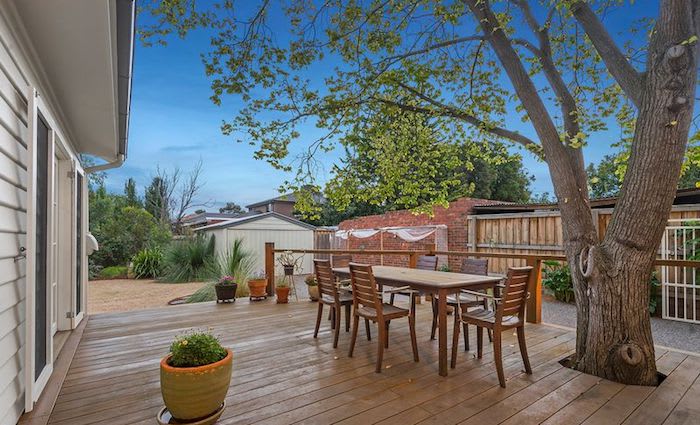East Melbourne property market expected to recede during COVID-19 pandemic: HTW residential
The volatility of world equity markets can heavily affect property prices and the general market trends we see in property cycles, according to a recent Herron Todd White (HTW) residential report.
The current COVID-19 epidemic is going to have a negative impact on key drivers, so it will be interesting to see what impact this may have on the property market in the short to medium term, the valuation firm said.
"World recessions such as the Global Financial Crisis, the current global COVID-19 pandemic and domestic natural disasters such as the bushfires that ravaged this country in 2019 and 2020 can have significant economic consequences, especially in the property markets," the valuation firm said.
One of the major emotional influences that crises have on decision-making is that they create uncertainty in an investor’s mind, the HTW report noted.
Periods of prosperity create confidence and willingness to invest due to the abundance of resources and the ability to create and expand upon what we already have, while crises seem to force individuals to retreat and protect what they own as a natural human response to fear and uncertainty.
In the last year, the wider Melbourne property market has been showing significant signs of growth, prosperity and high clearance rates at auctions, especially in the last quarter of 2019 and early in 2020.
"Until now, there has been talk about the property market developing momentum, with the interest cuts we saw the RBA make last year and the easing in credit conditions after a lengthy period of speculation following the banking Royal Commission," the valuation firm said.
The report suggests at present, the property market faces a period of uncertainty as the world is coming to grips with the growing concerns over the Coronavirus. The function of most normal businesses and social practices is halting as the world is battling the virus. This has and will continue to have an impact on the property market.
"I foresee a limited availability in supply of houses and apartments in the coming months, limiting the opportunity for new home buyers and investors to purchase property. As the government increases restrictions on public gatherings and businesses are likely to work remotely, we will see a decrease in inspections and auctions. This will have a dramatic effect on the marketability of properties.
"While the government is enforcing restrictions on businesses, public events and individuals to carry out daily activities, we will see the market recede.
"The ideal outcome is that amidst the growing concerns of the virus spreading, vendors and buyers continue to engage in selling and buying properties to continue economic growth. This will keep the economy from flatlining as experts foresee in other industries that are built on face to face contact such as the education, tourism and hospitality sectors," the valuation firm said.
A two bedroom unit in East Melbourne's Ringwood has recently been sold for $550,000.
The 3/326-328 Maroondah Highway unit (pictured below) comes with lounge and dining, light kitchen, rear courtyard and single garage.
